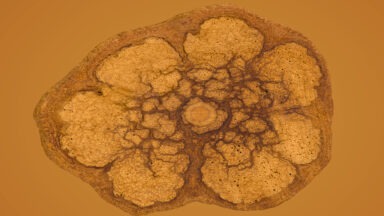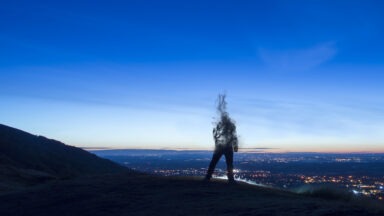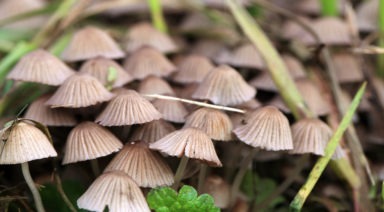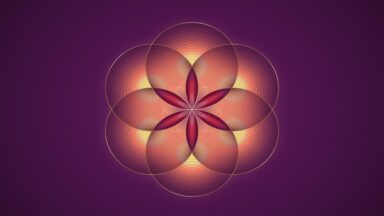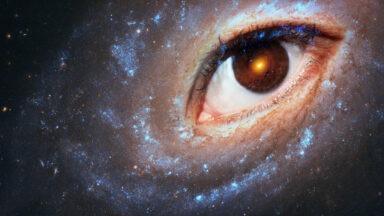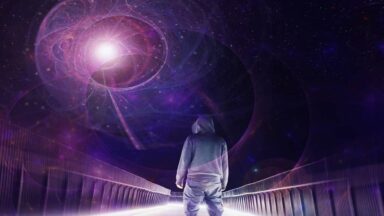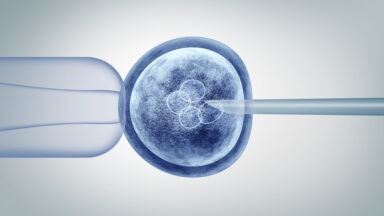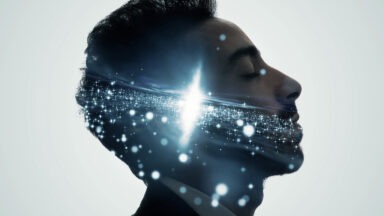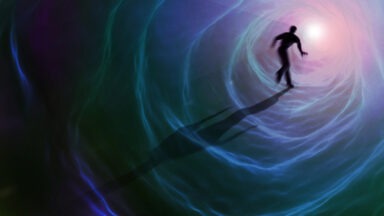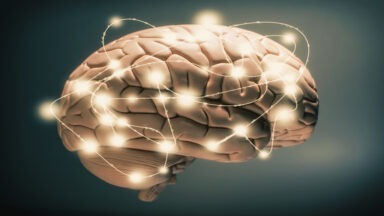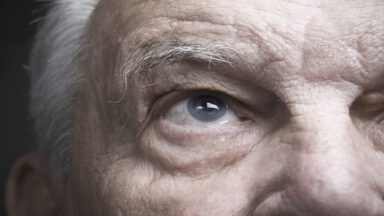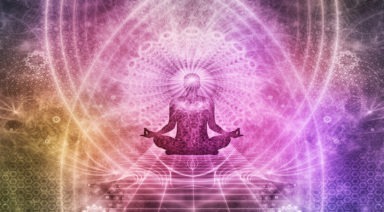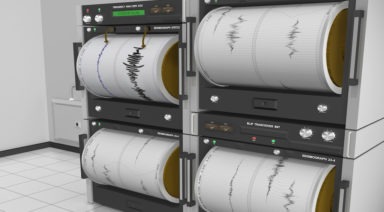Study Finds Evidence Of Higher Consciousness From Psychedelics
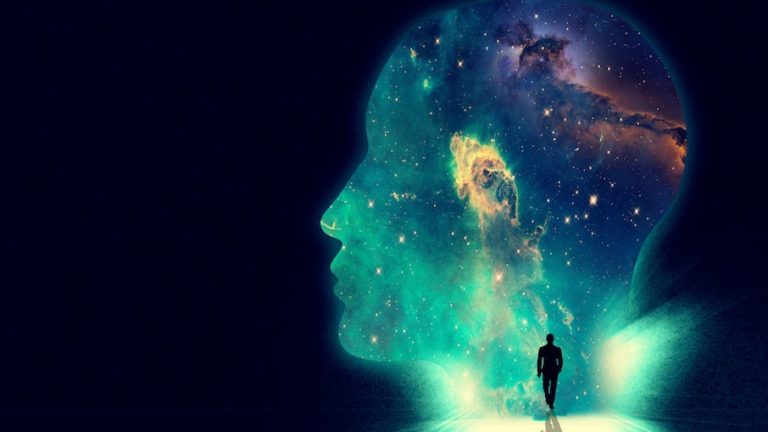
Scientists have found the first evidence of a higher state of consciousness by measuring the complexity of brain activity of people under the influence of psychedelics. The study measured magnetic fields generated by brain activity and used the data to create an index of varying levels of consciousness.
The study, conducted by a team at the University of Sussex in England, looked at the diversity of brain signals, a measure of the complexity of brain activity, in people under the influence of psilocybin, LSD, and ketamine, compared to the brain activity of people in lower levels of consciousness, such as sleep, anesthesia, and ‘vegetative’ states.
Participants under the influence of these drugs showed higher than baseline diversity, or higher levels than someone who is simply awake. This is the first time a measure of an elevated consciousness has been recorded in a study of its kind.
The researchers were quick to point out that their measure of higher consciousness doesn’t necessarily imply that the psychedelic state is better or higher functioning than our normal waking state. Instead the index they’ve used shows that the psychedelic state increases small magnetic fields produced by the brain and higher neural-signal diversity in all three types of drugs.
According to the study, “During the psychedelic state, the electrical activity of the brain is less predictable and less ‘integrated’ than during normal conscious wakefulness.”
One researcher involved in the study, Dr. Muthukumaraswamy, said he was surprised the results were consistent with each drug, despite their differing pharmacology. He and his colleagues believe that their research could lead to carefully-controlled use of the drug for therapeutic treatment in patients suffering from severe depression.
The group found correlation between participants’ reports of changes in intensity of the psychedelic experience and changes in brain signal diversity. They believe this shows there is a difference in aspects of brain activity in our everyday conscious experience.
This study comes after recent trials have shown psilocybin can flip a “reset” mechanism in the brains of people suffering from depression. Similar studies found benefits in the therapeutic use of ketamine and LSD for people suffering from a range of physical and psychiatric issues, including drug addiction and PTSD.
Similar studies have been conducted to test electroencephalography, or EEG, on participants in deep states of meditation, finding increased levels of alpha and theta wave activity. It’s unclear whether this recent study plans on testing participants levels of brain-signal diversity in non-intoxicated, altered states of consciousness.
Study Finds Ayahuasca Affects Epigenetic Gene Expression
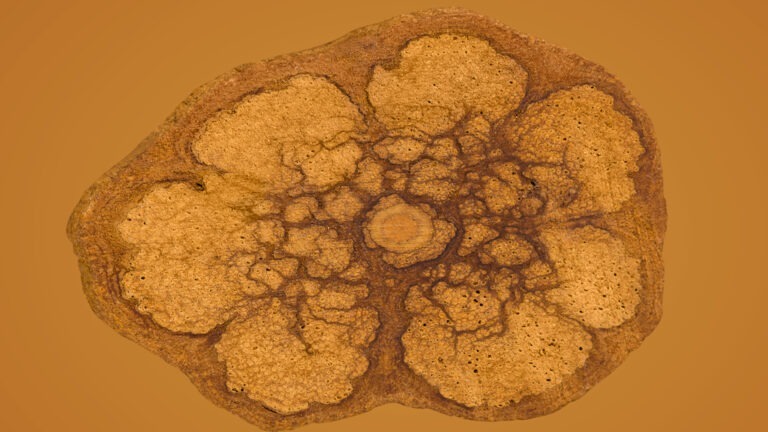
In this Gaia News special investigation, we take a look at groundbreaking new research being done on ayahuasca, an ancient psychedelic plant medicine showing great promise in addressing the most difficult to treat mental health conditions, and may even change our DNA.
Dr. Simon Ruffle is a psychiatrist and researcher who led this study conducted in the Peruvian Amazon.
“Ayahuasca is a psychedelic brew that is used in the Amazon rainforest. It’s been used for at least hundreds of years and there’s some evidence that suggests that it may have been used for thousands of years,” Ruffell said.
“It’s used for a wide variety of purposes and normally by indigenous tribes. It’s used most commonly, now, for healing. And there’s been a lot of interest from people from the West going to the Amazon rainforest in order to drink ayahuasca. And also ayahuasca is spreading all over the world and now can be found on pretty much every continent.”



